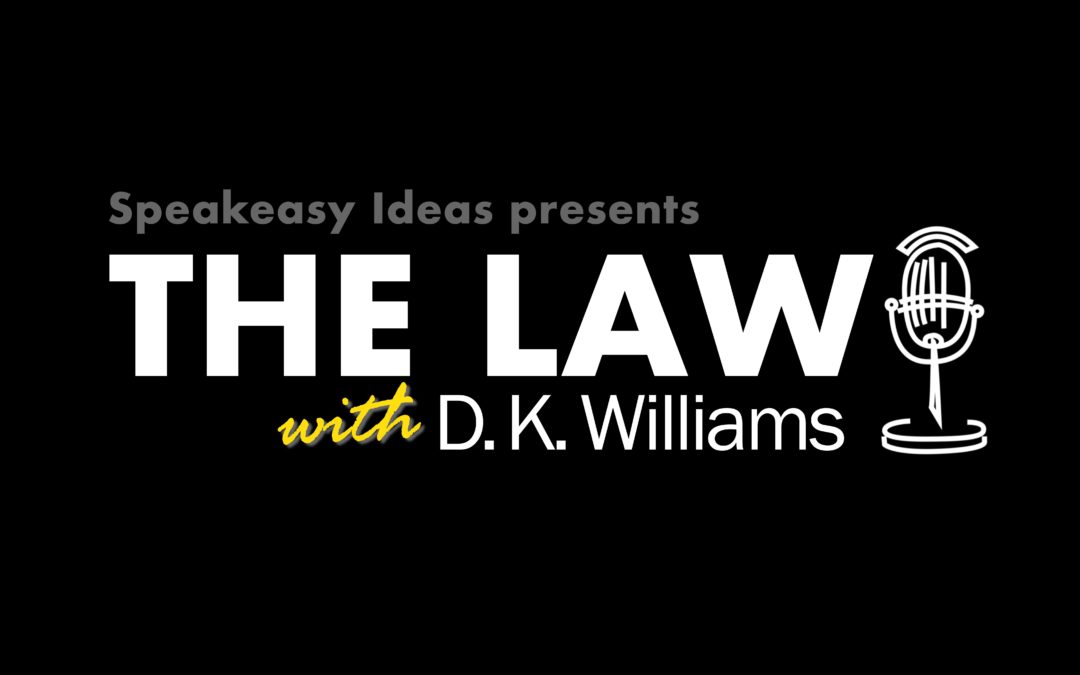
by D.K. Williams | Mar 6, 2020 | The Law with D.K. Williams |
Podcast: Play in new window | Download
Subscribe: Apple Podcasts |
In this 5-4 1989 decision, the U.S. Supreme Court held that burning an American flag was speech the government could not punish pursuant to the First Amendment. Gregory Johnson, a member of the Revolutionary Communist Youth Brigade, participated in an anti-government protest during the 1984 Republican National Convention in Dallas, TX. The protest ended in Mr. Johnson burning an American flag in front of Dallas City Hall. He was arrested and sentenced to one year in jai. The majority of the Court held this conviction was a violation of the First Amendment. The dissent, however, said the flag was such an important symbol, they would make an exception to the Constitution for it.

by D.K. Williams | Nov 14, 2019 | The Law with D.K. Williams
Podcast: Play in new window | Download
Subscribe: Apple Podcasts |
Marvin Miller was convicted of violating California’s criminal obscenity law when he sent unsolicited mailings advertising the availability of some dirty books and a movie. The U.S. Supreme Court, in a 5-4 decision, upheld his conviction. This is one of several cases from this era where the Court struggled to define the limits of free speech under the First Amendment.

by D.K. Williams | Aug 22, 2019 | The Law with D.K. Williams
Podcast: Play in new window | Download
Subscribe: Apple Podcasts |
In this famous case, L. B. Sullivan, a Montgomery, Alabama, City Commissioner, sued the New York Times for libel and won a $500,000 verdict in a state court. The Times had run a paid ad, that contain factual errors, critical of the way Alabama and some of its local police had treated civil rights activists. The Times appealed the half a million dollar verdict to the U.S. Supreme Court, claiming its rights protected under the First Amendment had been infringed by the state court ruling. The Supreme Court agreed.

